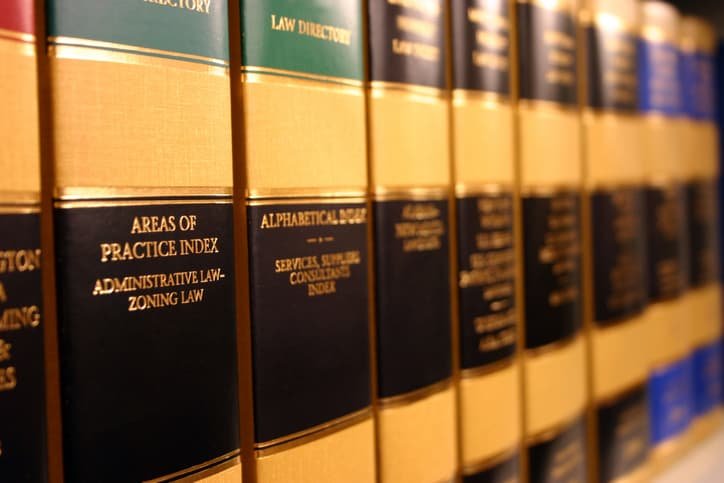What is a land use attorney?
An attorney that specializes in land use law should have an understanding of the general land use concepts and areas of practice, including zoning ordinances, real estate law, constitutional law, environmental law, and administrative and regulatory law.
Some more experienced land use attorneys also have a government relations background, and understand both public policy and the political environment of the particular municipality, county, or other local governing entities such as special districts.
Typically it is good practice to hire local counsel for help with land use issues, given that many land use issues are state and local government specific. While there certainly could be federal statutory and regulatory overlap, more than likely the issue will be before the municipality or county authorities.
What does the term “land use” mean in the legal landscape?
A land use attorney understands the various laws and regulations that impact how land is allowed to be used. Many times the laws and regulations will restrict how land is used by private individuals, on public and private lands.
Some ways government entities control the use of land include:
Eminent domain;
Regulatory takings;
Federal environmental regulations; and
Land use and development controls such as:
Zoning ordinances;
Subdivision ordinances;
Zoning maps;
Zoning districts;
Variances;
Special exceptions;
Conditional uses; and
Various tax code incentives.
Amendments, variance requests, special or condition use permits and noncompliance with zoning ordinances, subdivisions ordinances and land development issues are common matters that a transactional land use attorney may handle for clients.
A local land use attorney should be familiar with the municipality and county ordinances and regulations. They will be able to advise clients on how those may impact specific land or property as well as assist clients in applying for amendments, variances, or use permits where necessary.
Administrative Process and Rulemakings in land use law
Land use attorneys may also assist clients in the administrative process, which may include a pre-application phase, initial meetings with the local government’s staff, application phase, stakeholder engagement, and hearings or commissions meetings.
Attorneys like KLH Advisors with government relations backgrounds may also help clients with participation in the administrative process by a local government entity to propose a new or amend an existing ordinance or regulation. This may include drafting written comments or appearing before the commission or board on behalf of their client.
What are Covenants, Conditions, and Restrictions?
Other restrictions on real property may be created by homeowners and condominium associations. These restrictions on property are known as covenants, conditions, and restrictions or “CC&Rs.” CC&Rs are created by the developers and associations and are meant to govern the use of homeowners in the particular communities, subdivisions, or condominiums. Land use attorneys will be familiar with CC&Rs as well as interpreting and drafting of the bylaws of these associations.
Hiring a land use attorney may be necessary for a variety of reasons when trying to navigate laws and regulations pertaining to restrictions on property. A transactional focused land use attorney is able to help clients, such as homeowners’ associations or condominium associations with the drafting and interpretation of covenants, conditions, and restrictions and bylaws. An attorney may also help with drafting amendments to existing CC&Rs and bylaws, engage in outreach to the homeowners, and record any approved amendments.
When should a homeowner hire a land use attorney?
Homeowners or potential home buyers may hire a land use attorney to review zoning ordinances, CC&Rs, bylaws and any other potential restriction on land for sale. An attorney will also review the area surrounding the land available for purchase.
Often, clients will purchase homes or vacant land,only to discover after the transaction is finalized, a huge development project is planned for the vacant land next to them. Many times the vacant land was a major selling point of the land or property in the first place. Always investigate vacant land, especially when you are located in a city or a town where the population is rapidly growing.
Another area where clients run into zoning laws is when they buy property hoping to use it as a short-term rental. Frequently, clients have not reviewed local ordinances or CC&Rs, only to find out short-term rentals are prohibited or may require a permit from the local government entity. Now they are stuck with a property that they are unable to rent short-term. These situations would be avoided by hiring a land use attorney.
Do real estate developers need land use attorneys?
Yes, most definitely. There are many aspects of real estate development that require an understanding of land use restrictions in a particular area, as well as working with local governments for required permits, potential variance requests, and/or changes in zoning.
Real estate developers will often seek to change the land use restrictions at the local level. This could include subdividing property or changing zoning. A land use attorney can help real estate developers with this process, from the start of their projects to the end.
Hiring an attorney familiar with the land use administrative process, who knows the local staff or right department within the local government, who is familiar with the application process, who has experience in stakeholder engagement, and can help you get these amendments over the finish line will ensure your project has the best chance at succeeding.
Hiring the right land use attorney is important.
Make sure to hire an attorney who understands the sensitivity of land use issues and is committed to working with all the individuals impacted by any changes in land use. This will give you a better chance at approval of your project or request.
Land use restrictions can be contentious in neighborhoods and communities. It is never advised to try and make major changes to zoning ordinances or to subdivide property by going in with guns blazing, assuming that you will get the local government to do what you want because you are providing a substantial investment in the community or have a lot of money invested in a project.
It is essential that you communicate with anyone impacted by your changes, you have a meeting with the local officials and relevant departments within the local government prior to submitting any application, and you work with local counsel to resolve any potential issues upfront.
Need to hire a land use attorney?
Hiring an experienced, local land use attorney will help you avoid making these mistakes and will be able to guide you through the process efficiently and effectively.
KLH has experience in land use law, real estate law, administrative and regulatory law, and Kelley Lewis has a background in government relations. Kelley has handled complicated projects, from energy and transmission projects, to zoning map amendments at the local level.

